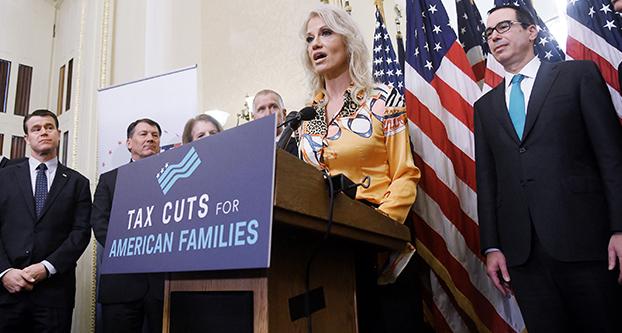It was the best of times, it was the worst of times.
Derek knew from the time he was 10 years old what he wanted to do when he grew up.
On the first of a three-game soccer tournament, Derek forgot to stretch and tore a critical muscle with two minutes to go before halftime. His parents took him to the doctor and he watched as everyone around hung on every word that this man in a white coat said.
He didn’t care about the pain, about the diagnosis. He even stopped worrying that his soccer career would be over. All he wanted was to learn how he could become like the man in the white lab coat.
Growing up, Derek realized he had a knack for the sciences — biology and chemistry came naturally to him. He stopped thinking about becoming a doctor and more about becoming a researcher.
What if instead of fixing a patient, he could prevent an injury from happening in the first place? This thought intrigued him and drove him to becoming a high school valedictorian.
Every college he applied to accepted him, and he was able to get a full-ride scholarship toward his undergraduate degree, a necessity because he was a first-generation student with low-income parents. It was a dream come true.
When Derek turned 21, he had started to think about his post graduate career.
Which school should he go to? Tuition was not a worry. He knew as long as he could get a research assistant job at the university, his tuition would be waived. All he cared about was the quality of the program and the stipend he would receive for the position.
He had two choices. The first was the “Dream University,” where he had always wanted to go since he was a kid. At this university, tuition was $40,000 with a stipend of $30,000 a year.
The second was the “Other University” — the choice he would be happy with, but knew in his heart was a back-up choice — where tuition was $20,000 a year with a stipend of $23,000.
Derek chooses to the “Dream University.” He is only taxed on the stipend he receives and pays about $2,500 a year in income taxes. While Derek is attending graduate school, he’ll still be able to keep about $27,000 for rent, utilities, food, etc.
Let’s set the scene now in an alternate universe, one in which the proposed GOP tax plan is enacted.
The proposed GOP tax plan would realign tax brackets to shift the tax burden from the wealthy to freshly indebted graduate students balancing the responsibility of graduate school tuition with stipends.
Although tuition would still be waived if Derek got hired as a research assistant, he would now have to pay income taxes for the tuition.
At “Dream University,” income tax would cost him about $10,500 a year, while having to claim all $70,000 as income taxed when you add “Dream University’s” tuition of $40,000 and a stipend of $30,000.
The tuition stays the same, it’s just that now the Derek is being taxed for both the tuition and the stipend.
At “Other University,” his income tax would cost about $4,000 while claiming all $43,000.
What would you do if you were Derek?
Would you keep about $19,500 to go to “Dream University,” where cost of living is much higher? Or would you consider going to “Other University,” where you keep $19,000 with a lower cost of living? Would you consider working to save up money for school since you would only be earning about $1,600 per month after taxes — even at a school like Harvard or Princeton?
With the proposed GOP tax plan, graduate students will have an increased financial burden due to their tuition waiver being included in their income tax.
The proposed GOP tax plan is not graduate-friendly. It causes graduate students to ask questions they hadn’t previously asked. Will it keep them from pursuing a graduate degree? Maybe not, but it will impact them financially.
Private universities could lose talented students who have lower economic status or will have to offer programs that lower the cost for incoming students.
Public universities and those that are in-state will become an even more economical solution to many graduate students, which would mean an even heavier burden on the public schools. Think it’s hard to get in to a Cal-State masters program now?
Graduate students should be worried about the currently proposed GOP tax plan. Or they might reconsider the university they think of attending because if the tax plan is approved, they will be taxed on their tuition waivers.
I believe a student will still attend graduate school even if they have to pay an extra $1-4k a year at a public university with lower tuition. However, it might limit them from choosing a university such as Princeton because of the increased tax burden.
The question isn’t whether students will continue to go to graduate school, it’s now a matter of which graduate school.
This could mean more competition and higher credential requirements to get into the same programs at some universities.
The proposed GOP tax plan will likely not be approved. But, if it does, good luck to all the Dereks out there.
—
Have specific financial questions? Send them here: [email protected]
If you’re interested in entrepreneurship, come join the Entrepreneurship Club. All majors are welcome. You can find us on Facebook: @CEOfresnostate
You can send me questions here: @FS_entrepreneur




